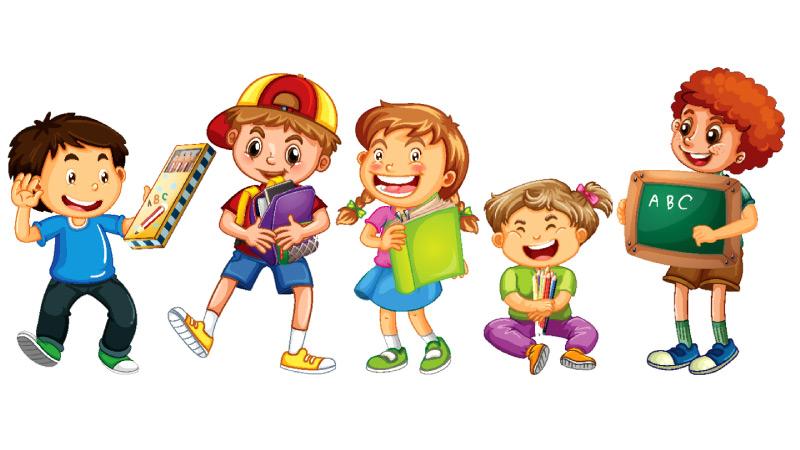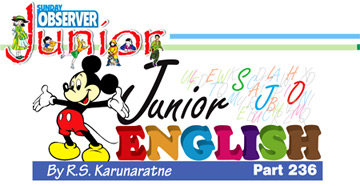
 This is a guide to help learners to communicate easily in both speech and writing through a better understanding of the English language.
This is a guide to help learners to communicate easily in both speech and writing through a better understanding of the English language.
Lyric / lyrical / lyricism
In poetry ‘lyric’ means ‘having the form and musical quality of a song and characterised by an ardent expression of feeling.’
Colloquially, ‘lyrics’ means the words of a song. A lyricist is someone who writes the words for songs.
‘Lyrical’ means ‘beautifully expressed in words, poetry or music.’
‘Lyricism’ means ‘gentle or romantic emotions expressed in writing or music.’
The lyricism of Tennyson’s poetry is magnificent.
-M / -MM
Single-syllable words ending in ‘m’ double it before suffixes beginning with a vowel if the ‘m’ is preceded by a single vowel.
Cram: crammed
Ram: ramming
Drum: drummer
Slim: slimmer
If it is preceded by two vowels or a vowel and an ‘r’ the ‘m’ is not doubled.
Aim: aiming
Doom: doomed
Room: roomy
Charm: charming
Words ending in ‘gram’ double the ‘m.’
Diagram: diagrammatic
Epigram: epigrammatic
Madam / madame
‘Madam’ is the polite form of address for a woman. ‘Madame,’ the French equivalent of the English ‘Mrs’ has the plural ‘mesdames’ which is still used in English as the plural of ‘madam.’
Magic / magical
‘Magic’ is the power to make impossible things happen by saying special words or doing special actions.
Do you believe in magic?
‘Magic touch’ is a special ability to make things work well or to make people happy.
Swarna has got a magic touch with babies.
‘Magic moment’ is a short time which seems beautiful and special.
“I don’t want to spoil this magic moment,” she said.
‘Magic circle’ is a group of powerful people who are friendly with each other and help each other.
In spoken English ‘magic’ means ‘great.’
A: Did you have a good time in Australia?
B: Yes, it was magic!
‘Magical’ means ‘very enjoyable, exciting or romantic in a strange or special way.’
We spent a magical evening on the beach.
You may have heard of ‘magic carpet’ in stories. It is a carpet that can fly through the air and carry people from one place to another.
Main / mane
‘Main’ means ‘larger or more important than all other things or ideas of the same kind.’
Give me a summary of the main points of the agreement.
‘Mainly’ is used to mention the main part or cause of something.
Roger’s illness was caused mainly by smoking.
‘Mainly’ is not used at the beginning of a sentence.
They play mainly on Sunday evenings. (NOT Mainly they play …)
‘Mane’ is the long hair on the back of a horse’s neck or around the face and neck of a lion.
Major / minor
‘Major’ means ‘having very serious or worrying results.’
There is a major problem with parking in Colombo.
‘Major’ also means ‘important.’
Russia plays a major role in the negotiations.
‘Minor’ means ‘small and not very important or serious.’
We have made some minor changes to the program.
In law, a minor is someone who is below the age of which they become legally responsible for their actions.
The film has certain scenes not suitable for minors.
Majority / minority
‘Majority’ means ‘most of the people or things in a group.’
The majority of manual workers are underpaid.
If you use the word ‘majority’ before the preposition ‘of’ and a plural noun, use a plural verb after it.
The vast majority of patients are poor.
In everyday speech people usually say ‘most of’ rather than ‘the majority of.’
Most of us do not agree with him.
‘Minority’ means ‘a small group of people or things within a much larger group.’
Only a minority of people support the new law.
